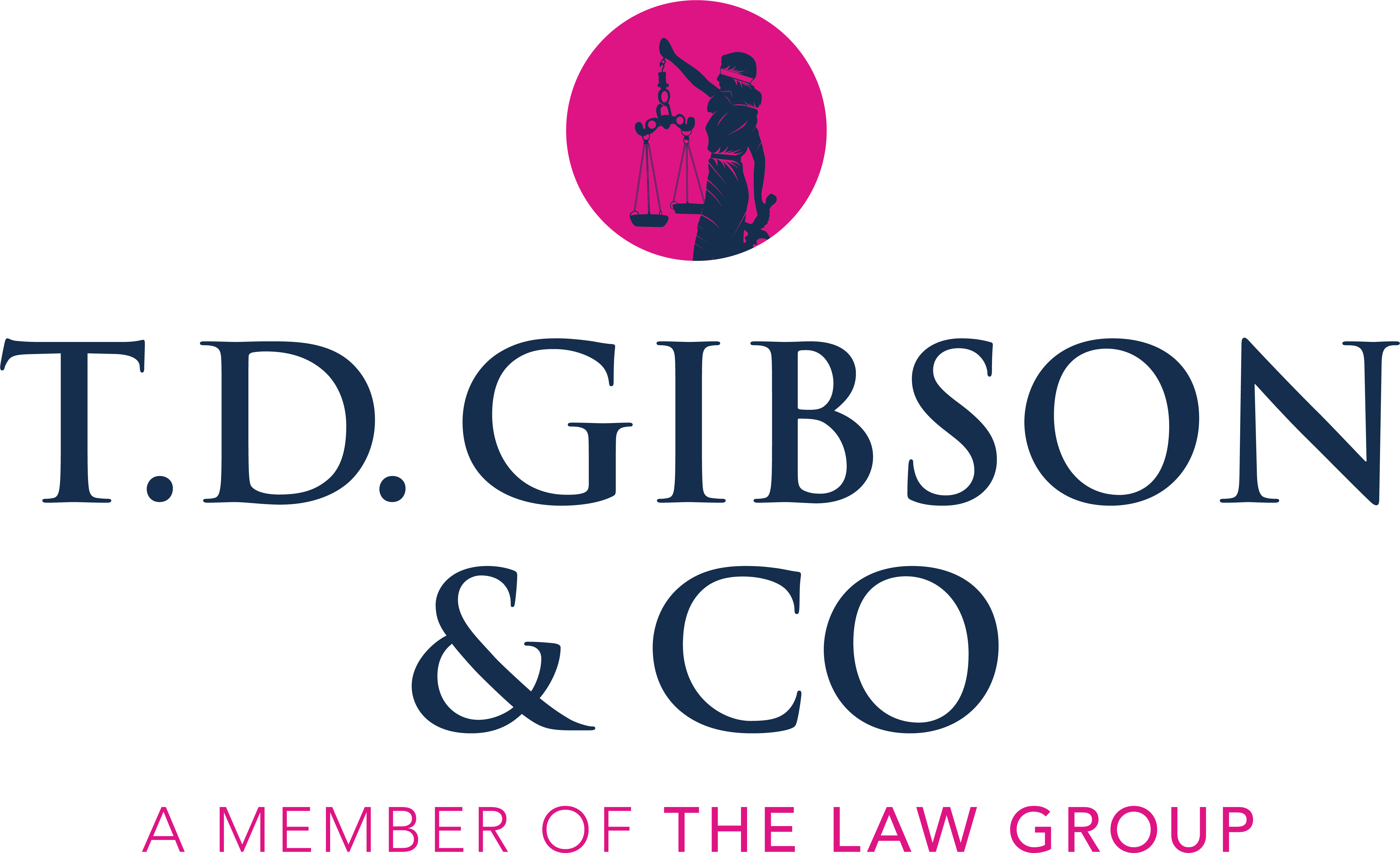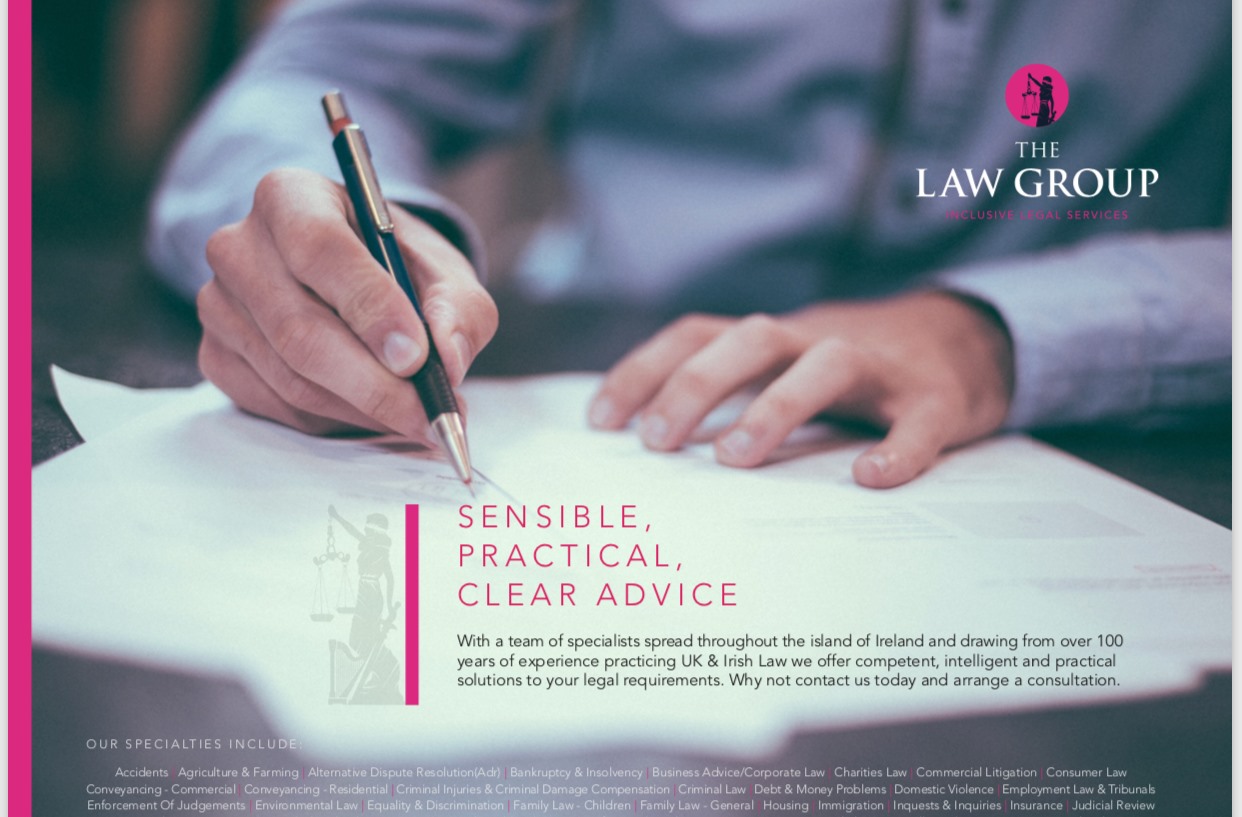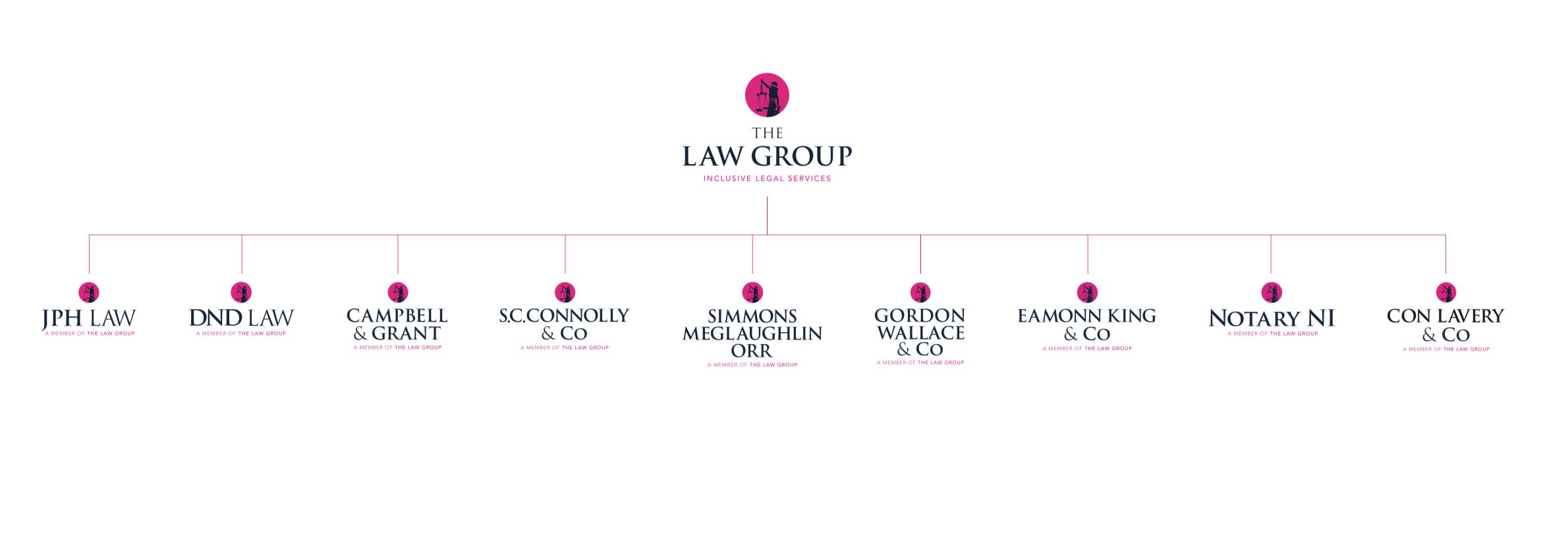Who should make a will? (Will Writing Solicitor Portadown)
If you care about what happens to your property after you die, you should make a will. Without one, the State directs who inherits, so your friends, favourite charities and relatives may get nothing.
It is particularly important to make a will if you are not married or are not in a registered civil partnership (a legal arrangement that gives same-sex partners the same status as a married couple).
The law does not automatically recognise cohabitants (partners who live together) as having the same rights as husbands, wives and civil partners. As a result, even if you lived together for many years, your cohabitant may be left with nothing if you have not made a will.
A will is also vital if you have children or dependants who may not be able to care for themselves. Without a will there could be uncertainty about who will look after or provide for them if you die.
We can also advise you on how inheritance tax affects what you own.
You should also consider taking legal advice about making a will if: (Will Writing Solicitor Portadown)
- Several people could make a claim on your estate when you die because they depend on you financially;
- You want to include a trust in your will (perhaps to provide for young children or a disabled person, save tax, or simply protect your assets in some way after you die);
- Your permanent home is not in the UK or you are not a British citizen;
- You live here but you have overseas property; or
- You own all or part of a business.
Once you have a will drawn up, some changes to your circumstances – for example, marriage, civil partnership, separation, divorce or if your civil partnership is dissolved (legally ended) – can make all or part of that will invalid or inadequate. This means that you must review your will regularly, to reflect any major life changes. A solicitor can tell you what changes may be necessary to update your will.
Although it is possible to write a will without a solicitor’s help, this is generally not advisable as there are various legal formalities you need to follow to make sure that your will is valid. Without the help of an expert, there’s a real risk you could make a mistake, which could cause problems for your family and friends after your death.
Once you have appointed a solicitor, they will need the following details from you.
Details of everything you own, including property, cars, personal valuables, stocks and shares, bank accounts, insurance policies, any businesses you own, and pensions.
Who do you want to leave these assets to? How do you want to divide your property between your loved ones, friends or charities? Are there any conditions you want to attach to these gifts (for example that young people must reach a particular age before they are paid money you have left them)?
Details of your family and status. Are you divorced or has your civil partnership been dissolved? Have you remarried or entered into a new civil partnership? Or are you living with someone without being married to them or being their civil partner? Do you have any children or any other dependants?
Anyone who depends on you financially can ask a court to review your will if they feel you have not provided properly for them. If you give your solicitor relevant details, they can tell you about any legal pitfalls.
If you have any children that may still be under 18 when you die, you may need to name someone as their legal guardian.
Do you have any particular wishes for your funeral? Do you want to be buried or cremated? Are there any other instructions? For example, if you want to be an organ donor this can be included in your will. However, it is also a good idea to record your wishes on the organ-donor register, or to carry an organ-donor card.
You must also name the people you want to appoint as ‘executors’ of your will – the people who carry out the administration of your will after your death. These could be friends or family members, or a professional such as your solicitor. A good combination would be a friend or family member and a professional. Ideally, you should choose someone who is familiar with financial matters.
Make sure you ask your executors whether they are happy to take on this duty as there are long-term responsibilities involved, particularly if you include a trust in your will. It is a good idea to ask someone younger than you are.
Once the will has been drawn up it is not effective until it has been signed. There are several rules affecting the signature process which, if not followed correctly, will make your will invalid. For example, witnesses and their husbands, wives or civil partners cannot benefit under the will. Many people use staff at their solicitor’s office to act as their witnesses to avoid this problem.
It is important to keep your will in a safe place and tell your executors or a close friend or relative where it is. People often ask their solicitor to store their wills for them. We do this for you free of charge in our fireproof strong room.
Charges for drawing up a will can vary between solicitors. They also depend on:
- The experience and knowledge of the solicitor; and
- How complicated your will may be.
We are members of the Society for Trusts and Estates Practitioners and are expert in making efficient wills that will do what you want. Please arrange an appointment. We have attached a short checklist you might want to complete before calling to see us
If you are coming to see us on foot of reading this information we will guarantee a fixed price for making your will of £50 plus VAT.
We also offer a free wills service for those who do not require tax advice or complex drafting of wills.
If my you have any questions and want an immediate response please contact our Mr Kevin Neary who is happy to answer your questions by return of email to kevinneary@jphlaw.co.uk.
Contact one of our offices at Portadown, Dublin or Castlewellan for more information. Our services are offered throughout Northern Ireland though most of our clients come to us in Belfast, County Down and County Armagh.
YOUR TEAM

Educated at St Colman’s College in Newry, Kevin graduated from University College Dublin in 1982 with a degree in Law (BCL).
He graduated from Queen’s University Belfast with a Certificate of Professional Legal Studies in 1984 and was admitted to the Roll of Solicitors in Northern Ireland in 1984. He was later admitted to the Roll of Solicitors in the Republic of Ireland in 1992, as well as in England and Wales in 2008. He qualified as a Solicitor Advocate in 2013. He is also a certified Mediator.
Kevin has worked at Donnelly Neary & Donnelly since he was admitted to the Roll in 1984 and has been a partner in the firm since 1988.
Kevin is a Notary Public, and is currently the President of the College of Notaries in Northern Ireland. He is also a Trusts and Estates Practitioner (TEP) of the Society of Trust and Estate Practitioners (STEP) and a member of the NI Commercial Property Lawyers Association. Kevin currently acts as Treasurer for the Irish Legal History Society and is Deputy Chair of the Statutory Committee for the Pharmaceutical Society of Northern Ireland.
Kevin has experience in all areas of practise; however, Kevin specialises in commercial property, as well as in general conveyancing, trusts and wills.
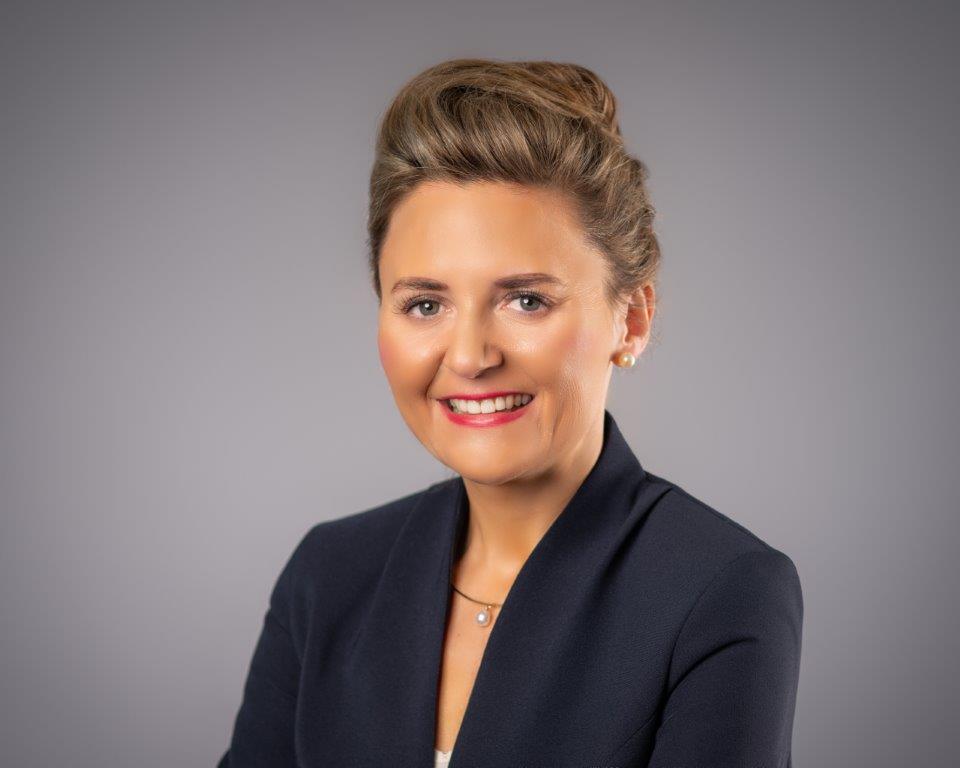
Kate Ervine graduated from Queen’s University and completed her degree in Law & Accountancy in 2006 and Trust & Estate Administration in 2009.
Kate was formerly employed by two provincial firms before joining the practice in August 2007. Kate specialises in Conveyancing, Administration of Estates; contentious Probate; Will drafting; Agricultural law and Taxation. Kate is a member of the Society of Trust and Estate Practitioners.
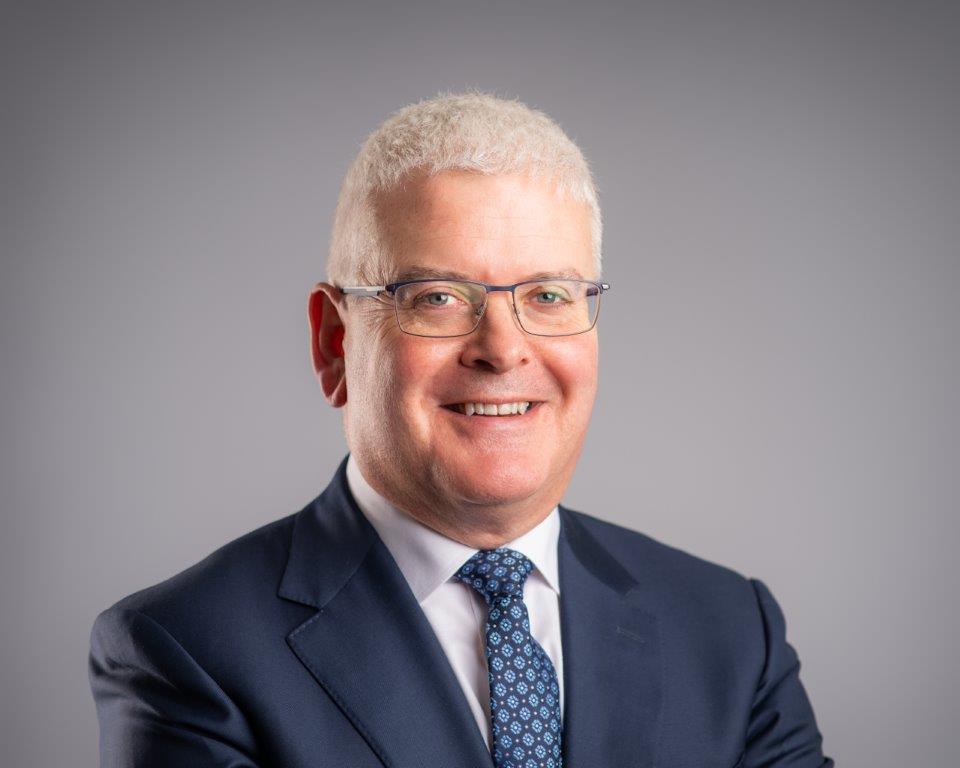
Michael graduated in law with LLB Hons from Queens University Belfast in 1985 He works with JPHLAW as well as being the Principal of Campbell & Grant in Newry.
Michael’s legal expertise includes conveyancing, criminal law, commercial property acquisition, sales development, residential property development, licensing, planning, trusts, inheritance tax, wills and estates both in Northern Ireland and in the Republic of Ireland.
